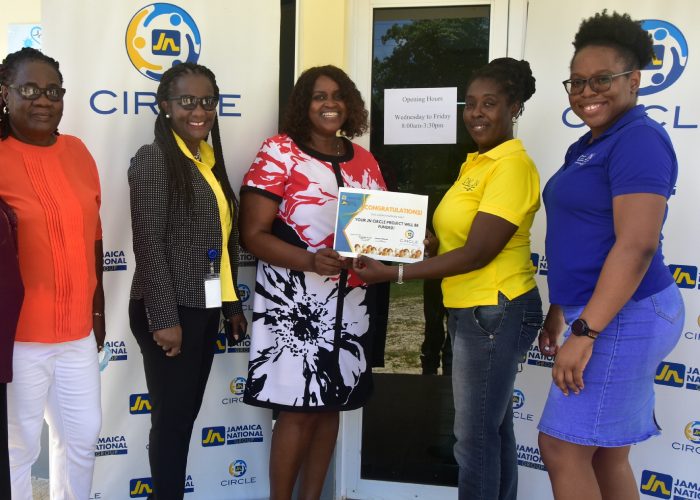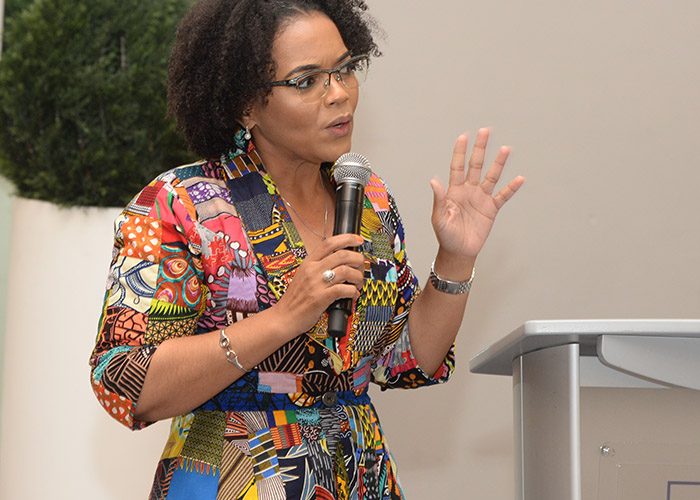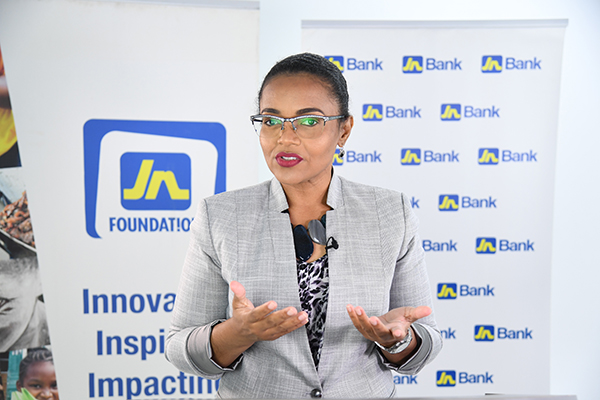Mustard Seed Communities & Sirgany Beach to Get Labour Day Facelifts
The Mustard Seed Communities and Sirgany Beach in East Kingston will be the hub of Labour Day activities, being organised byThe Jamaica National Group on May 21 and 23.
“The Jamaica National Group has an ongoing relationship with the Mustard Seed Communities. Therefore, our Labour Day activities will be done at three of their locations in the Corporate Area, St Ann and St James,” said Claudine Allen, general manager of the JN Foundation.
Ms Allen said that the administrators at all three locations have expressed a great need for infrastructural and cosmetic fixes that have not been prioritised due to the constraints of the pandemic, but are well needed to maintain the quality care residents deserve.
“Labour Day gives an opportunity for the JN Action staff volunteers and JN Circle members to get involved in a manual work intensive one-day initiative that will improve the facilities that serve the nation’s most vulnerable,” she explained.
Sophie’s Place in Gordon Town, St Andrew; Jacob’s ladder in Moneague, St Ann and Blessed Assurance located in Adelphi, St James are identified as the project locations.
Prior to Labour Day, The Jamaica National Group and its volunteers will do a beach clean-up on Saturday, May 21 at Sirgany Beach in East Kingston.
“We will be doing our part to clean up our coastline and give back to Mother Earth, as we come together to help rid our country’s coastline of harmful debris,” said Ms Allen.
On Thursday, the JN Group commenced the Labour Day activities with the handing over of fruit trees and seedlings to members at its Half-Way-Tree Branch.
The Labour Day activities form part of the JN Group’s Environmental Sustainable programme, which will be launched at a later date. The programme is geared at supporting environmental awareness practices in Jamaica by focusing on key areas such as: deforestation, waste management, water conservation and energy efficiency.
Through the programme, The Jamaica National Group intends to increase staff awareness by 20 per cent; establish plastic bottle collection sites at branches and offices across the island; work with tertiary institutions to identify sustainable innovation to face mask disposal and plant 4,320 seedlings over the next year, among other activities.
Ms Allen said members of the public can support the initiative by: following the three ‘Rs’ – reduce, reuse and recycle; by cutting down on non-reusable items; planting a tree; choosing to use non-toxic chemicals at home and in office, and volunteering and supporting all environmental-related projects organised by the JN Group.
















